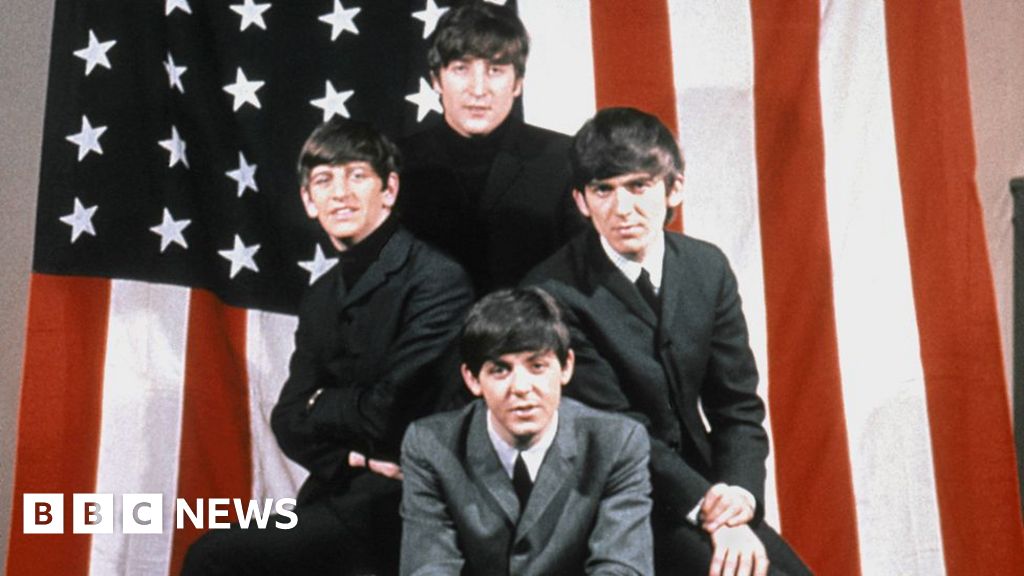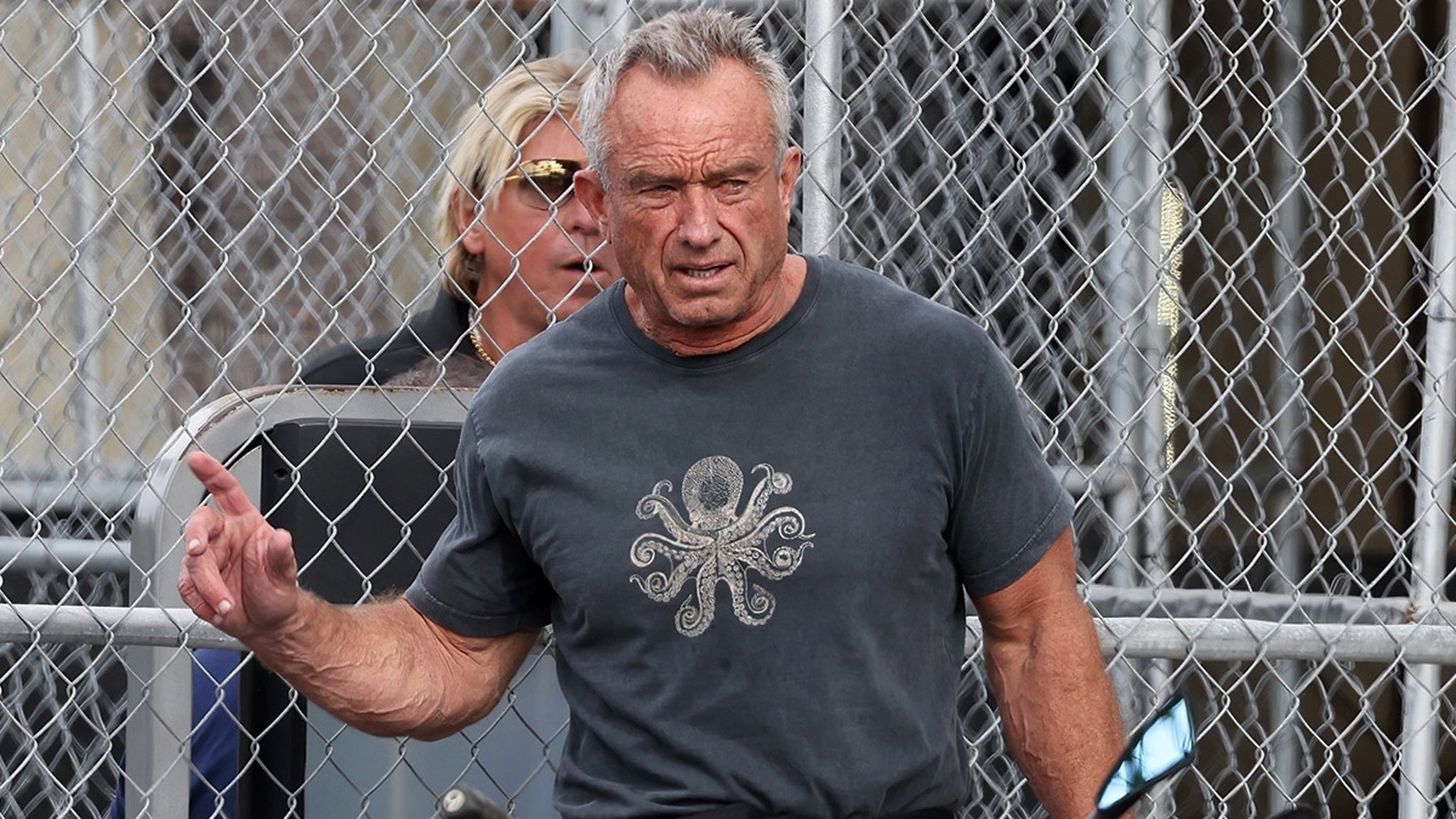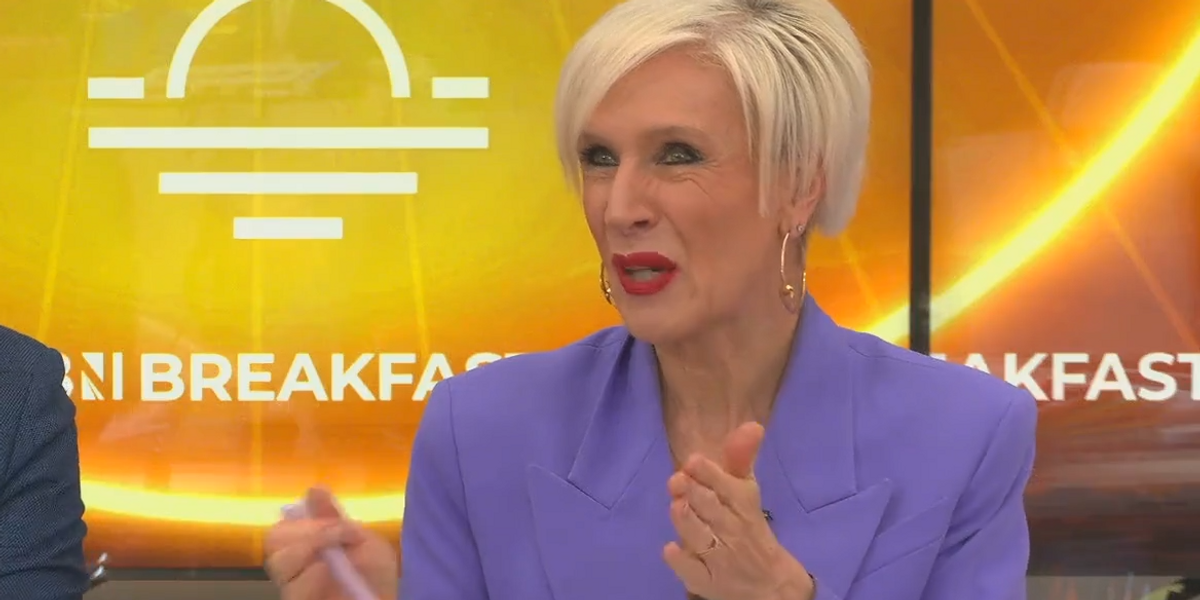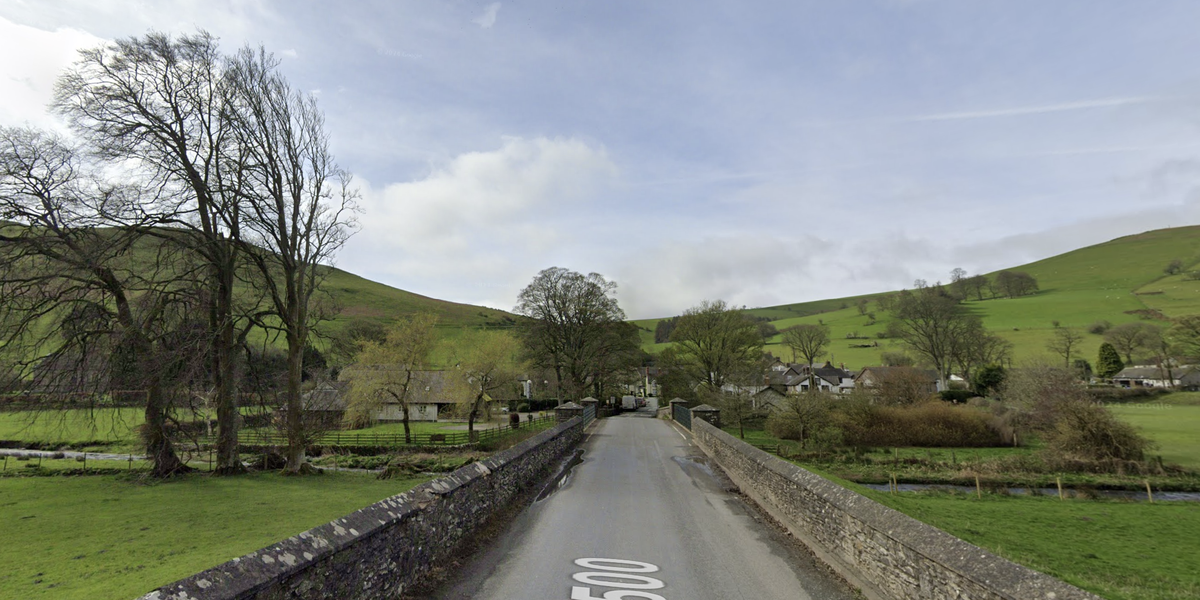Good intentions have a way of leading to not-so-great places in “Paradise at Mother’s Feet,” a sweet but ultimately arduous road movie about a mother and son from Kyrgyzstan who set out to reach Mecca in the mother’s final days. When scripture insists that salvation lies in making the pilgrimage on foot, the steps Ruslan Akun’s religious drama take toward the promised land feel increasingly labored over a two-and-a-half-hour runtime, wearing out any early charm derived from a strong central relationship between its stars Emil Esenaliev and Anarkul Nazarkulova.
Esenaliev embodies Adil, an intellectually disabled 35-year-old who still plays with children two decades younger than him in a village that may lie far beyond the city but isn’t immune from larger cultural attitudes about the mentally challenged. His mother Rayhan (Nazarkulova) has done her best to give him a full life within their small community, but can’t shake him of a friend’s suggestion that they should travel to Mecca to ensure their passage to heaven.
Rayhan immediately refuses to consider it out of practicality until word gets out in the community, and she gives into her pride when she’d like to correct anyone who thinks the two aren’t capable of making the trip. There are reasons beyond both the elderly mother and son’s immediate fitness to believe the journey is an improbable one when it involves crossing seven countries, including war-torn Syria, but nonetheless Rayhan piles into a wheelbarrow led by Adil and the two set off across the mountains of middle Asia.
Getting out into the open brings fresh air both from the skies and on the ground when Rayhan and Adil receive encouragement from everyone from street vendors to armed border patrol agents who want to help them on their way. However, Akun’s insistence to show all people and places in a positive light starts to feel calculated when each destination on Adil and Rayhan’s itinerary is introduced with the same brio as a film commission promotional reel, with swirling drone shots of any given nation’s skyline relayed with its name in glimmering gold capital letters.
In those moments, “Paradise at Mother’s Feet” can feel as if its main purpose is to serve as a showcase for the region as a potential production hub for any number of genres. During a comedic stop in Azerbaijan, Adil and Rayhan inadvertently stumble onto a film set, and Adil steps in for another actor. Later, the path through Damascus has Adil putting on a dynamite-laced suit after a tense encounter with terrorists.
The region’s geographic and cultural values are portrayed radiantly but go unscrutinized where there could be some actual drama. Despite a genuinely interesting conflict when Adil and Rayhan fear what life will look like when they don’t have one another to lean on, their bond looks more and more inauthentic when Akun goes to outrageous lengths to show how nothing will come between them. (Only Rayhan can cut the wires on the bomb her son’s wearing in Syria when she refuses to leave his side.)
That’s a shame when Nazarkulova is quite convincing in expressing Rayhan’s unconditional love for her son without any embellishment and Kanybek Kalmatov’s cinematography is often lively with sprightly colors while remaining gentle, keeping the film engaging even as it narratively begins to go off the rails. Quite literally, “Paradise at Mother’s Feet” seems to lose the plot around the one-hour mark, when it temporarily switches perspective to a trio of truckers searching for Adil and Rayhan in the desert, and the film becomes only becomes more episodic from there.
As with a franchise that’s exhausted its goodwill after a few too many sequels, a desperation sets in to hold attention with wild scenarios when the characters themselves no longer feel as if they’re enough. Perhaps Adil and Rayhan can absolve themselves of sin by the end of their journey, but the filmmakers commit one when it can’t trust them to carry the drama.

 By Variety | Created at 2024-11-24 01:22:49 | Updated at 2024-11-30 02:32:15
6 days ago
By Variety | Created at 2024-11-24 01:22:49 | Updated at 2024-11-30 02:32:15
6 days ago








